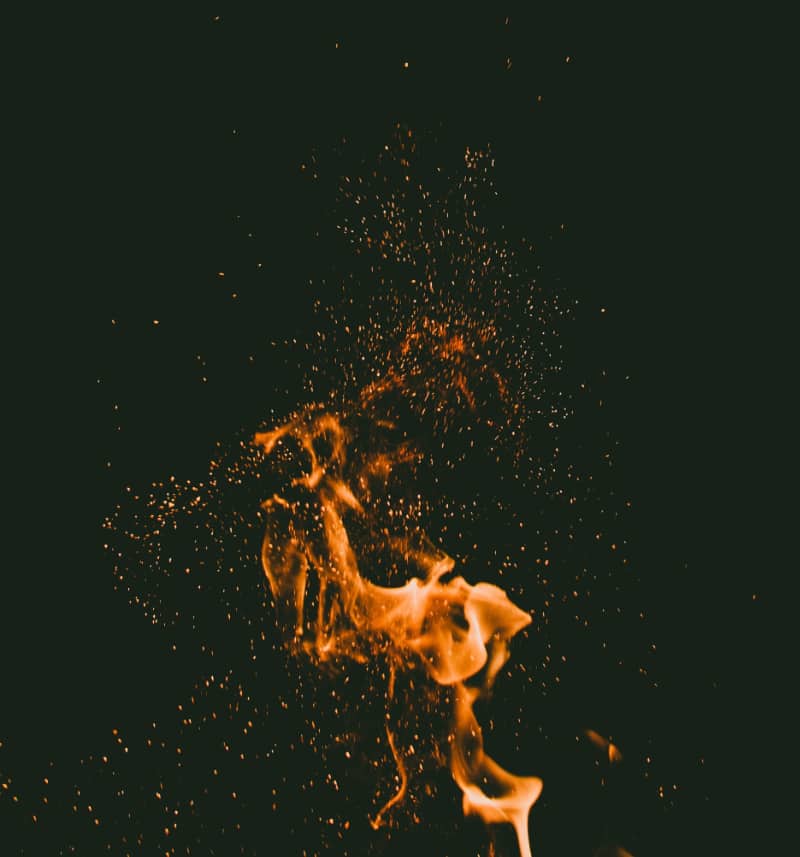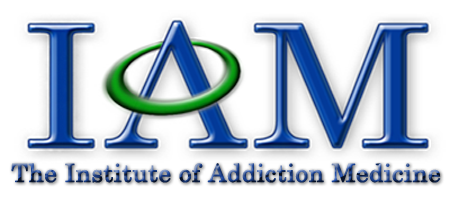If know someone with a substance abuse disorder, you may have heard the word craving. Also known as “jonesing” a drug or alcohol craving refers to an intense desire to use a drug no matter what, and it is often a result of the various changes in the brain and body after consistent substance abuse.
These cravings can be powerful and difficult to resist, and they are often a major challenge for people who are trying to recover from addiction. They can be triggered by a variety of factors, including stress, boredom, and exposure to people, places, or things associated with drug or alcohol use.
In some cases, cravings can be so strong that they lead to relapse, which is why managing cravings is an important part of addiction treatment and recovery.

Some slang terms for drug cravings include:
- The jones
- The itch
- The monkey
- The dragon
- The beast
These terms are often used to describe the intense and sometimes overwhelming desire to use drugs. They are often used by people who are struggling with addiction to convey the intensity and power of their cravings.
Some people may also use these terms to talk about their cravings in a way that is less stigmatizing or shameful than using more straightforward language.
What Causes Drug Cravings?
The human brain is wired to release the neurotransmitter dopamine in response to pleasurable activities, such as eating delicious food, socializing with friends, or achieving a goal. In most cases, this release is the brain’s way of rewarding us for engaging in these activities and encouraging us to repeat them over time.
However, our brain also speaks the same language when we use drugs, as substances such as marijuana, heroin, and cocaine can also trigger dopamine release, causing us to feel pleasure whenever we use these substances.
Unfortunately, this consistent pleasure release often means that our brains may not be able to smoothly adjust to a life without drugs once we try to stop using them, leading to withdrawal symptoms, such as intense cravings.
On the other hand, continuously using this substance may also cause the brain to become less sensitive to other pleasurable activities, such as meeting with friends or munching on a snack. This may lead to you prioritizing drug use over other activities as it becomes more challenging to find pleasure in the things you once enjoyed.
How Substance Use Disorders Change the Brain
Multiple reports and studies have now been able to draw the conclusion that people with substance use disorders experience various changes in their brains. In many cases, the areas of the brain responsible for critical thinking, decision-making, learning, and memory undergo significant changes that can lead to obsessive and compulsive behaviors over time.
These transformations can make it difficult for people with addiction to control their drug use, leading to harmful consequences, such as financial difficulties and strained relationships.
However, you must also remember that a substance use disorder is a treatable medical illness. It is possible to heal from addiction today by addressing these changes in the brain and developing various coping methods and a strong support network to help you in challenging times.
Medication to Stop Cravings
Some proven methods for treating addiction include medication assisted treatment (MAT). At the Volpicelli Center for addiction treatment, we offer We Offer Vivitrol, Suboxone, or Sublocade for addiction treatment. Essentially these medications offer relief from cravings as well as putting a halt to the euphoric effects of certain types of drugs or alcohol.
Please do not hesitate to reach out if you or a loved one has been struggling with this issue and would like to get back into the driving seat of life. Our outpatient drug and alcohol detox uses proven methods and medications to help individuals find lasting freedom from addiction.
You are more than your addiction.
Allow our evidence-based addiction recovery program
to fully support you so you can live fully.
